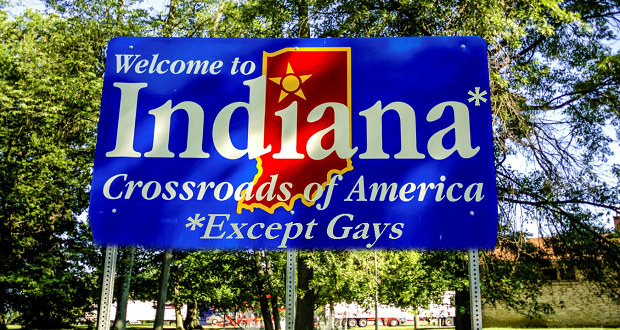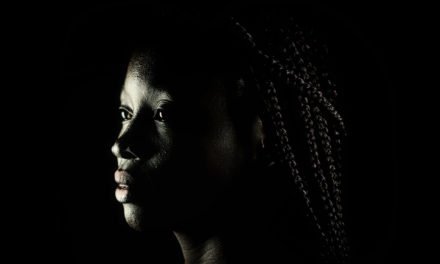
Bill Clinton was the first black president. No he wasn’t. Barack Obama is. No he isn’t. Ben Carson will be.
Only one of those men understands what it means to be black, if you listen to Ben Carson. Are you listening to Ben Carson? Is anyone? The presidential candidate is clearly in the last seconds of his fifteenth minute, and I’m eager to see him finally drop out of the race—because race seems to confuse the mind of the former neurosurgeon.
Here’s what Carson recently said about Obama during a recent interview with Politico: “[Obama] was, you know, raised white. Many of his formative years were spent in Indonesia. So for him to, you know, claim that, you know, he identifies with the experience of black Americans, I think, is a bit of a stretch.”
Later, he told MSNBC that Obama “did not grow up in black America; he grew up in white America. Doesn’t mean there’s anything wrong with that. It’s just that when the claim is made that he represents the black experience, it’s just not true.”
Firstly, I’m not sure who’s actually claiming that Obama is representing the black experience. I don’t recall Obama saying that. More importantly, Carson is actually right when he says that the president doesn’t represent the black experience—because there is no black experience. There are many black experiences. To argue otherwise is to oversimplify what it means to be black in America at best and disregard the backgrounds of many black individuals at worst.
I can guarantee you that Blue Ivy Carter will grow up very differently than her father. Would Carson insist that only one of them represents the black experience? Or both of them? Neither of them?
Carson’s ignorant statement highlights what happens when you try to stereotype. On some level, Carson himself realizes this. He went on to tell MSNBC: “I think the way I am treated, you know, by the left is racist. They assume that because you’re black, you have to think a certain way.”
Funny, because Carson seems to be part of the “they.”



















My sentiments EXACTLY !!